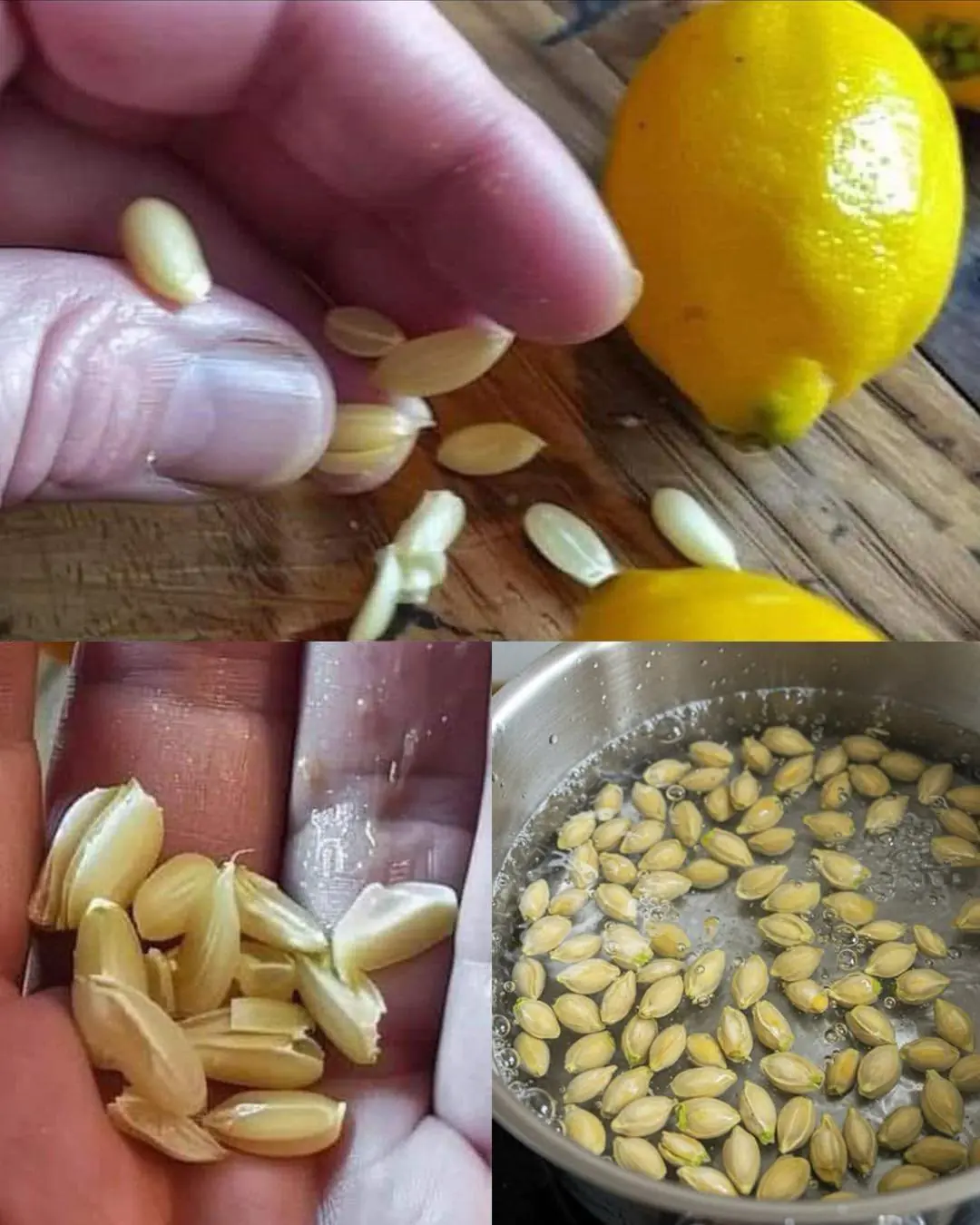
Grow Plump, Flavorful Eggplants with These Smart Growing Tips
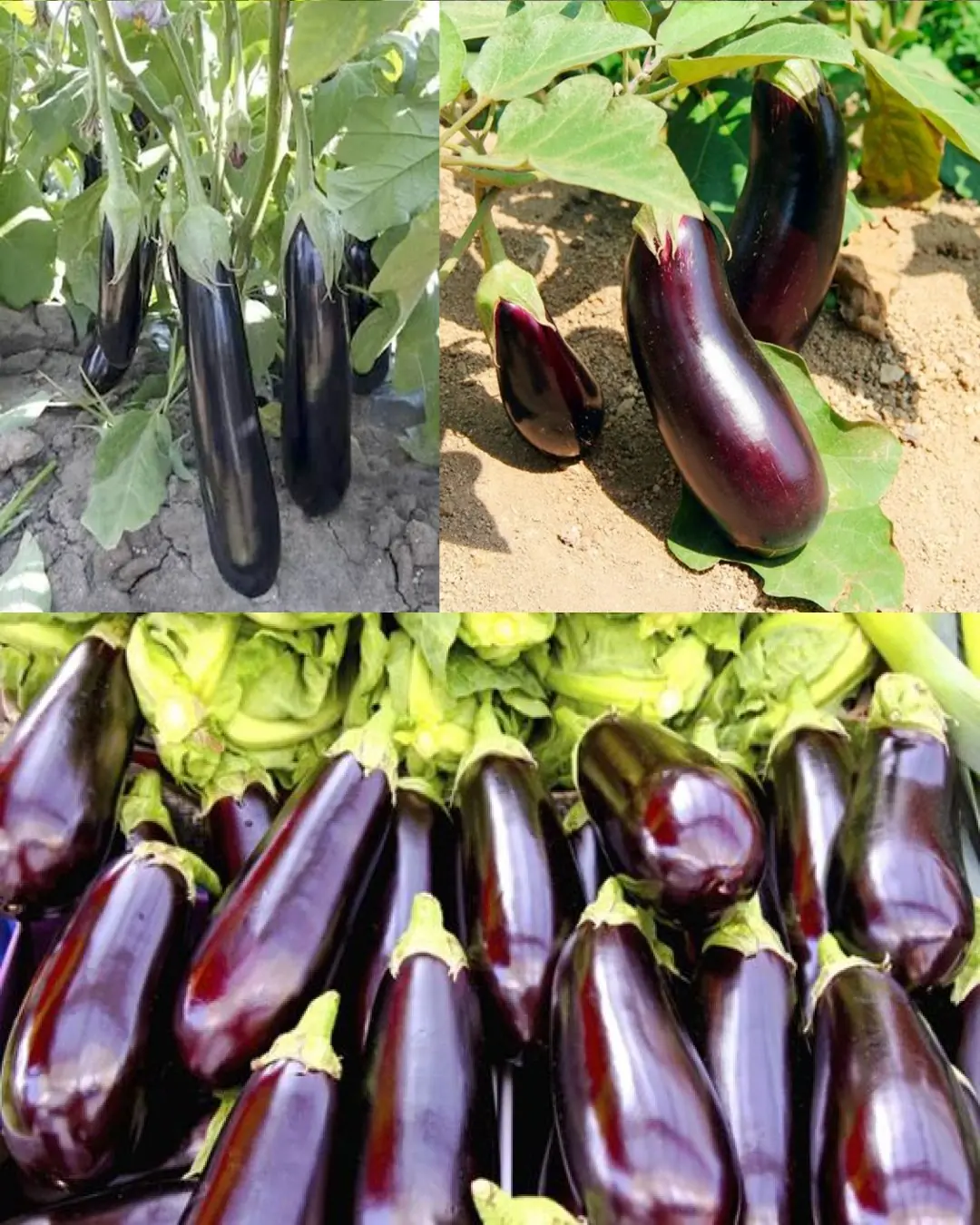
Eggplant, also known as aubergine or brinjal, is a popular and versatile vegetable enjoyed worldwide for its unique texture and rich flavor. Cultivating eggplants successfully requires knowledge of their growth needs, soil preferences, pest management, and harvesting techniques. Whether you are a home gardener or a commercial farmer, mastering the art of eggplant cultivation can lead to a productive and rewarding harvest.
Understanding Eggplant Growth Requirements
Eggplants thrive in warm climates and require a long growing season with temperatures between 70°F and 85°F (21°C to 29°C). They are sensitive to frost and cold temperatures, which can stunt growth or kill the plant. Providing optimal environmental conditions is the first step towards a successful crop.
1. Soil Preparation and Fertility
Eggplants prefer well-drained, fertile soils with a pH between 5.5 and 7.0. Before planting, enrich the soil with plenty of organic matter such as compost or well-rotted manure. This not only improves soil structure but also provides essential nutrients for vigorous growth.
Ensure the planting area receives full sunlight for at least 6 to 8 hours daily. Eggplants need abundant light for healthy fruit development.
2. Seed Starting and Transplanting
Starting eggplant seeds indoors 8 to 10 weeks before the last expected frost date helps ensure strong seedlings ready for transplanting. Sow seeds in seed trays or small pots filled with seed-starting mix. Maintain a warm temperature (around 75°F or 24°C) to encourage germination, which usually takes 7 to 14 days.
Once seedlings have developed 4 to 6 true leaves and outdoor temperatures are consistently warm, transplant them to the garden or larger containers. Space plants about 18 to 24 inches apart to allow sufficient airflow and reduce disease risk.
3. Watering and Mulching
Eggplants require consistent moisture to prevent flower drop and fruit cracking. Water deeply and regularly, aiming to keep the soil evenly moist but not waterlogged. Using drip irrigation or soaker hoses can help maintain ideal soil moisture while reducing foliar diseases.
Mulching around plants with straw, wood chips, or plastic mulch conserves moisture, controls weeds, and moderates soil temperature.
4. Fertilization
Eggplants are heavy feeders. Apply balanced fertilizer rich in nitrogen, phosphorus, and potassium at planting time. Side-dress with additional nitrogen fertilizer once plants begin to flower to promote fruit development.
Avoid over-fertilizing with nitrogen, as this can lead to excessive leafy growth at the expense of fruit production.
5. Pest and Disease Management
Common pests affecting eggplants include aphids, flea beetles, spider mites, and whiteflies. Regular monitoring is essential to catch infestations early. Use organic methods such as insecticidal soaps, neem oil, or introducing beneficial insects like ladybugs to control pests.
Eggplants are susceptible to diseases like verticillium wilt, fusarium wilt, and bacterial spot. Practice crop rotation, avoid overhead watering, and select disease-resistant varieties when possible to reduce risks.
6. Pruning and Support
Pruning can improve airflow and light penetration, enhancing fruit quality. Remove suckers and any diseased or damaged leaves. Use stakes or cages to support plants, especially in windy areas or with heavy fruit loads, preventing branches from breaking.
7. Harvesting
Eggplants are typically ready to harvest 60 to 80 days after transplanting, depending on the variety. Harvest fruits when they reach a glossy, firm appearance and before the skin becomes dull or seeds harden. Use a sharp knife or pruning shears to cut the fruit, leaving a short stem attached.
Regular harvesting encourages continued production throughout the growing season.
Conclusion
Mastering eggplant cultivation involves careful attention to soil preparation, watering, pest management, and harvesting practices. By providing optimal growing conditions and responding promptly to the plant’s needs, gardeners can enjoy a plentiful and delicious eggplant harvest. With patience and care, your eggplants will reward you with beautiful fruits that elevate your cooking and satisfy your table.
News in the same category

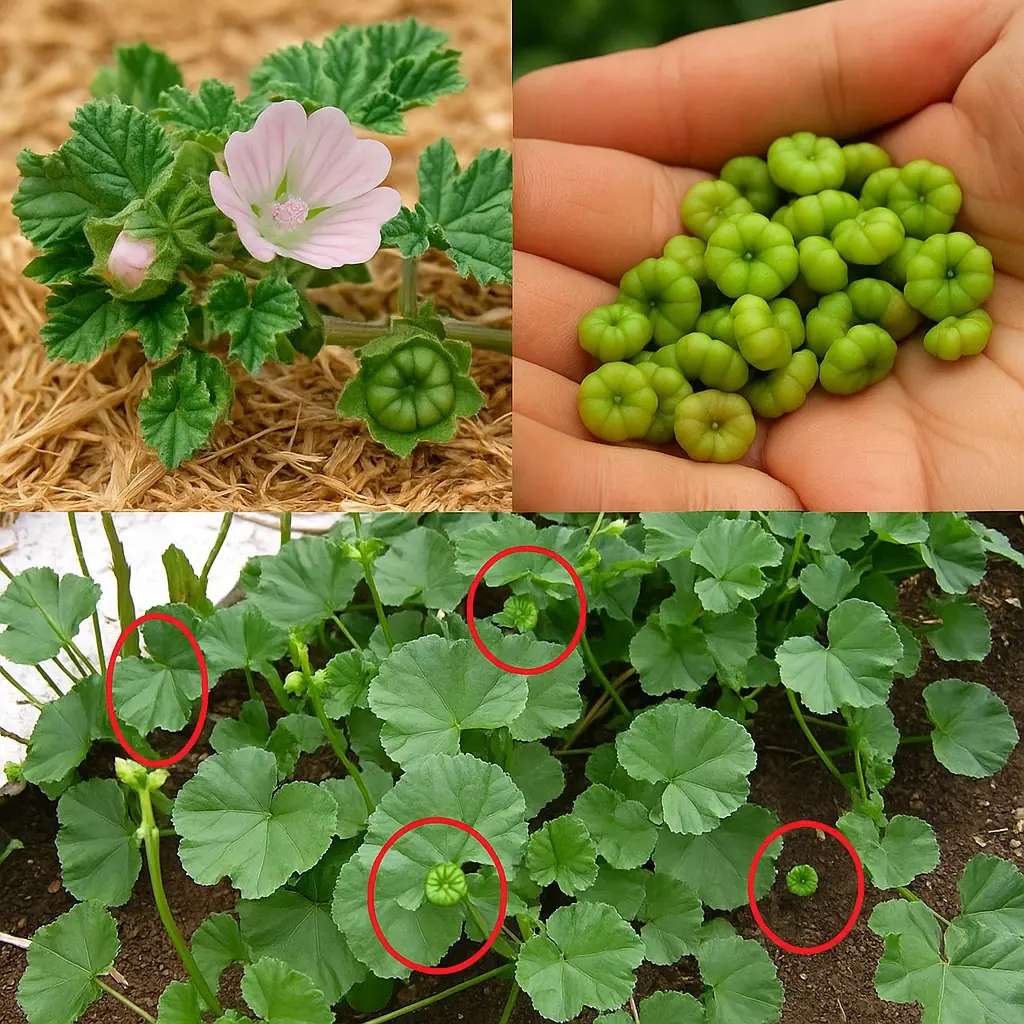
Unlocking the Secret Health Benefits of Common Mallow: Nature’s Wonder Herb for Wellness
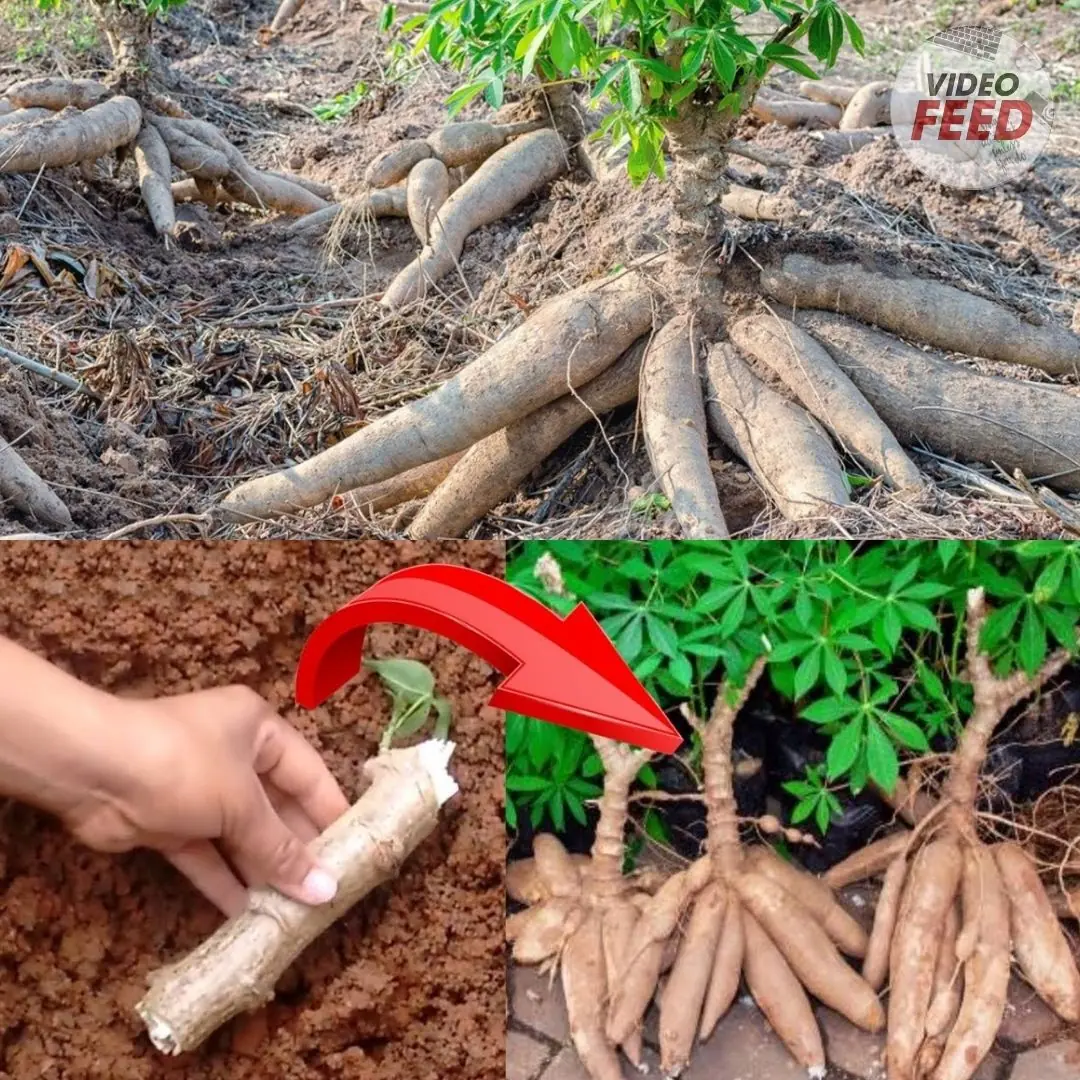
Essential Knowledge for Growing Cassava Successfully
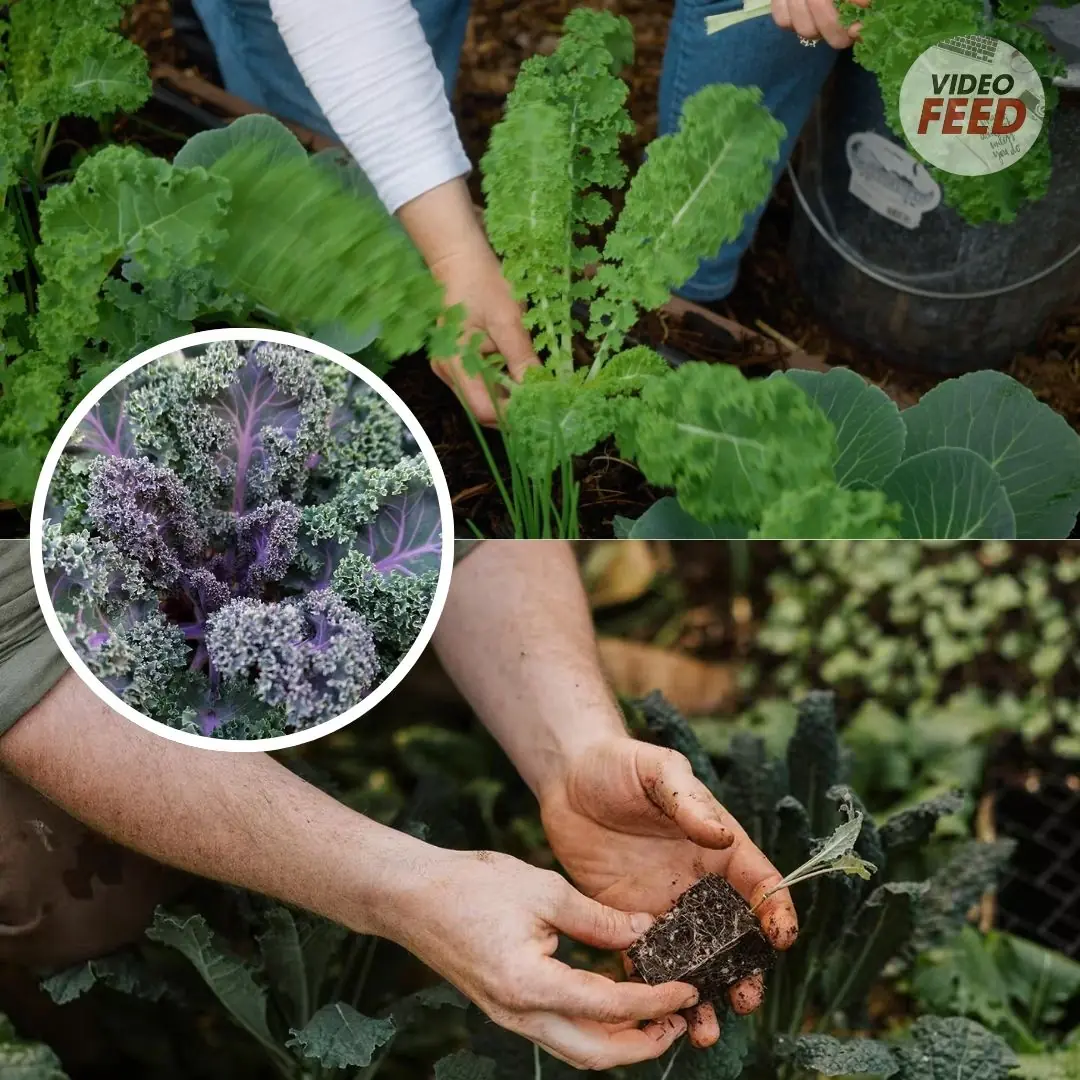
Growing Kale: Planting, Care, and Harvesting Tips
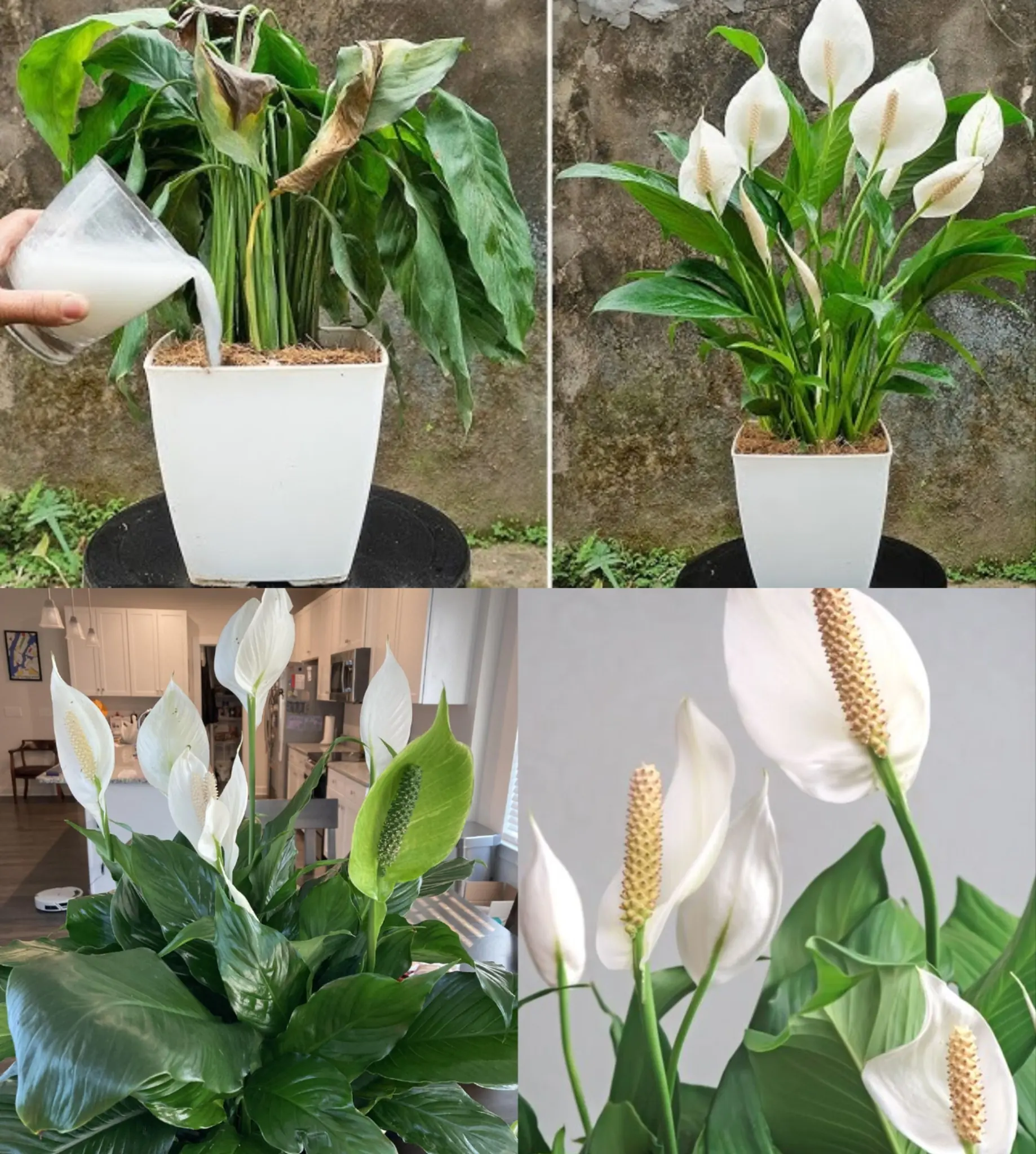
Just 1 Cup Makes Peace Lilies Bloom with So Many Flowers
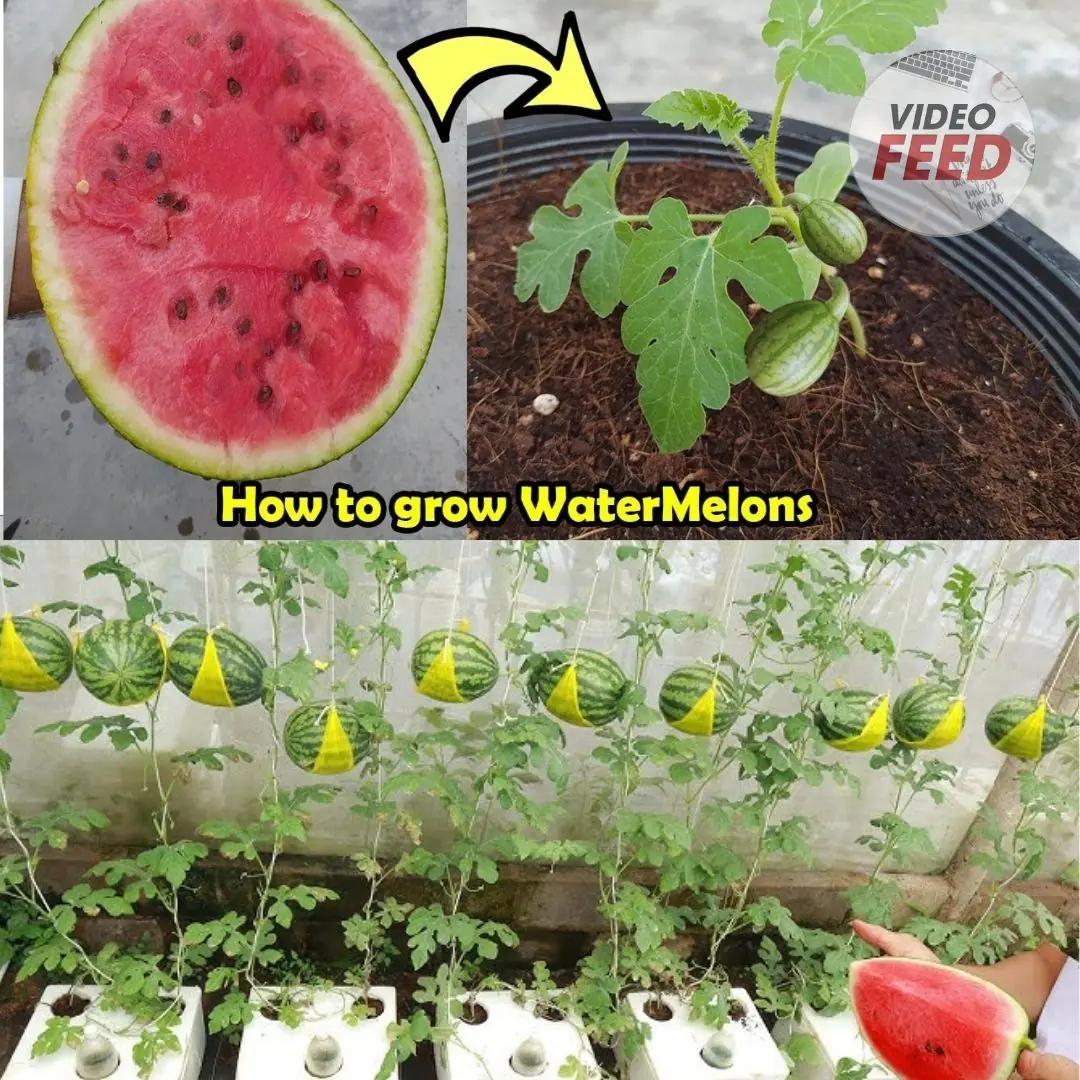
How to Grow Watermelons at Home: A Guide for Small Spaces & Balconies
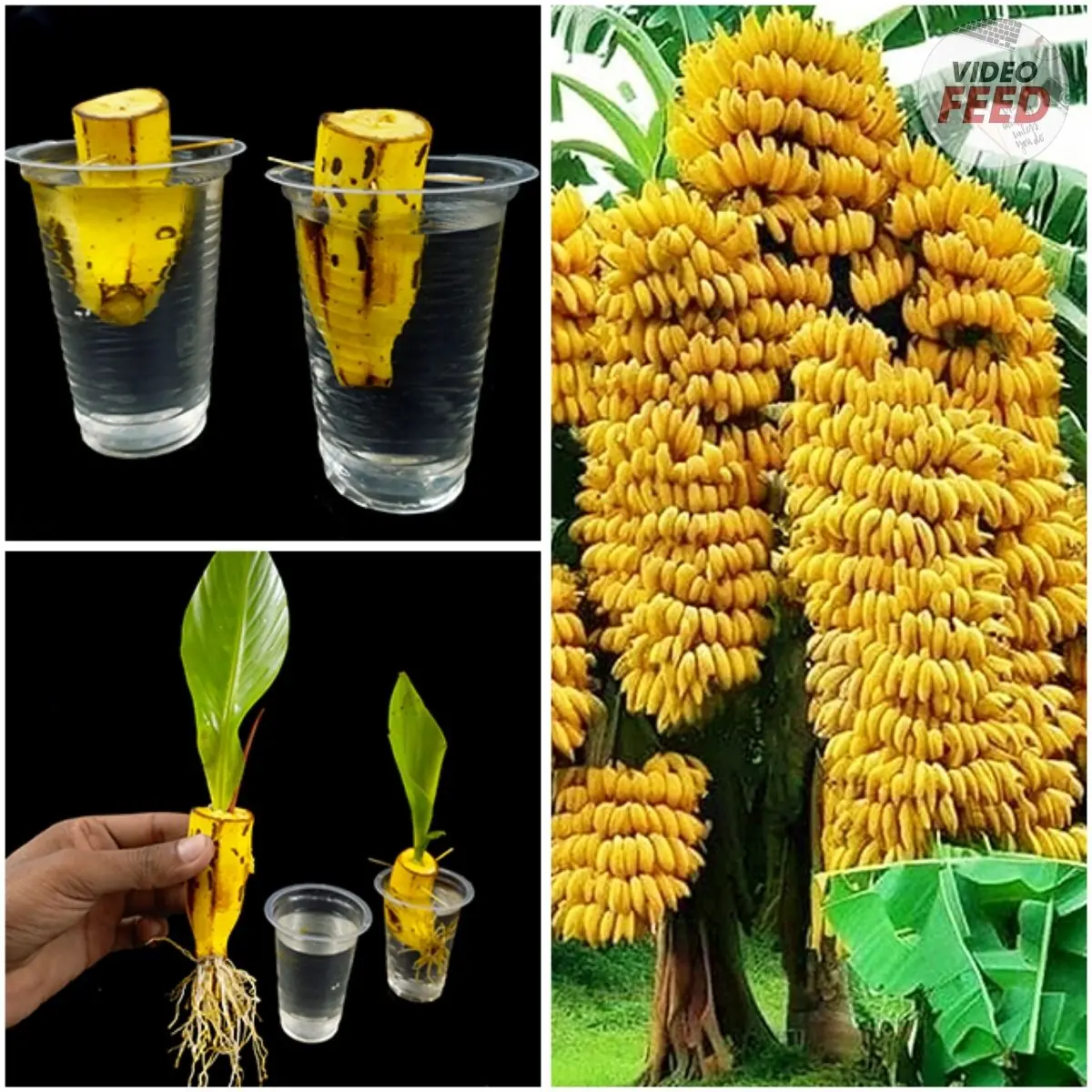
How to Grow a Banana Tree at Home and Never Buy Bananas Again
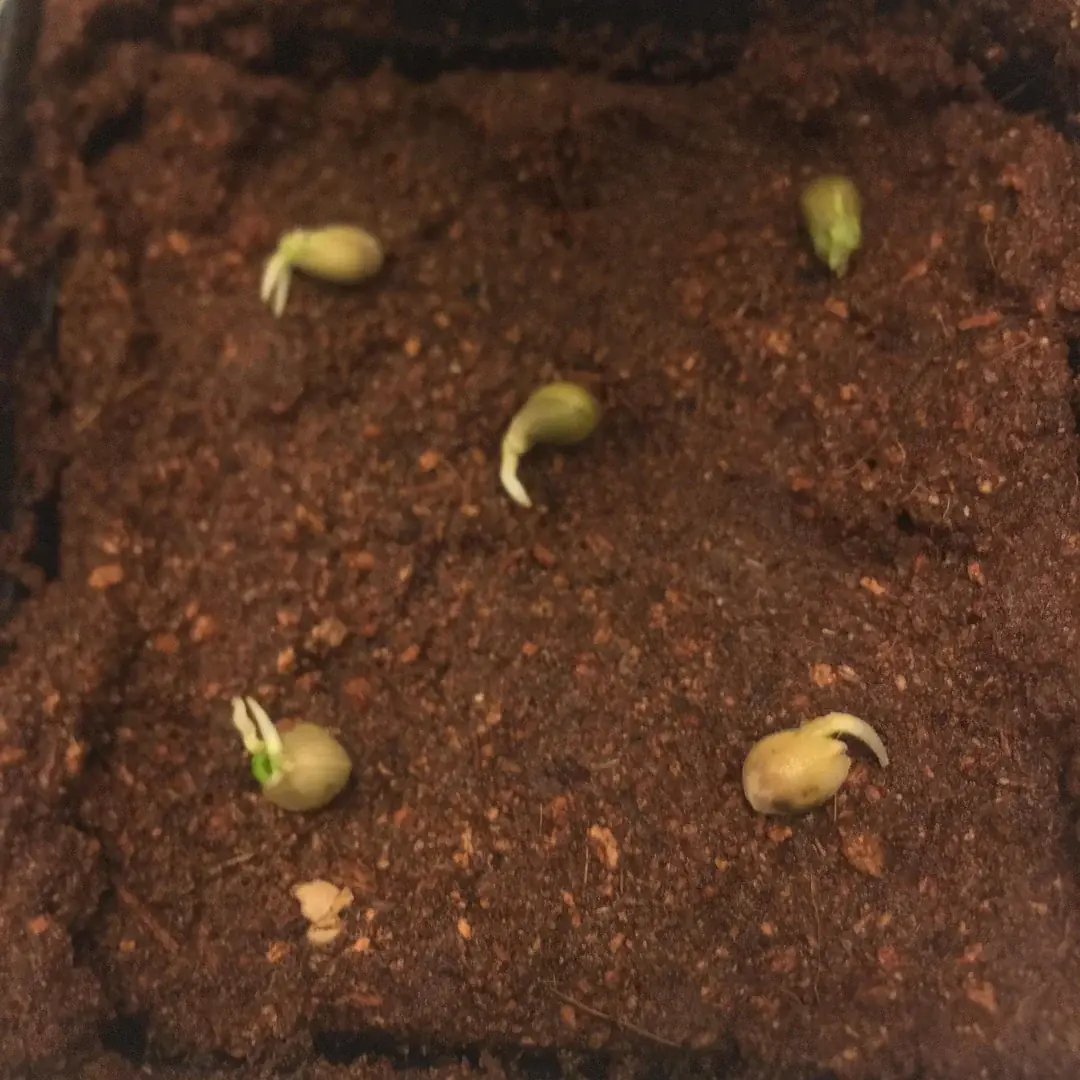
Here’s How to Grow Calamansi at Home — No Farm Needed
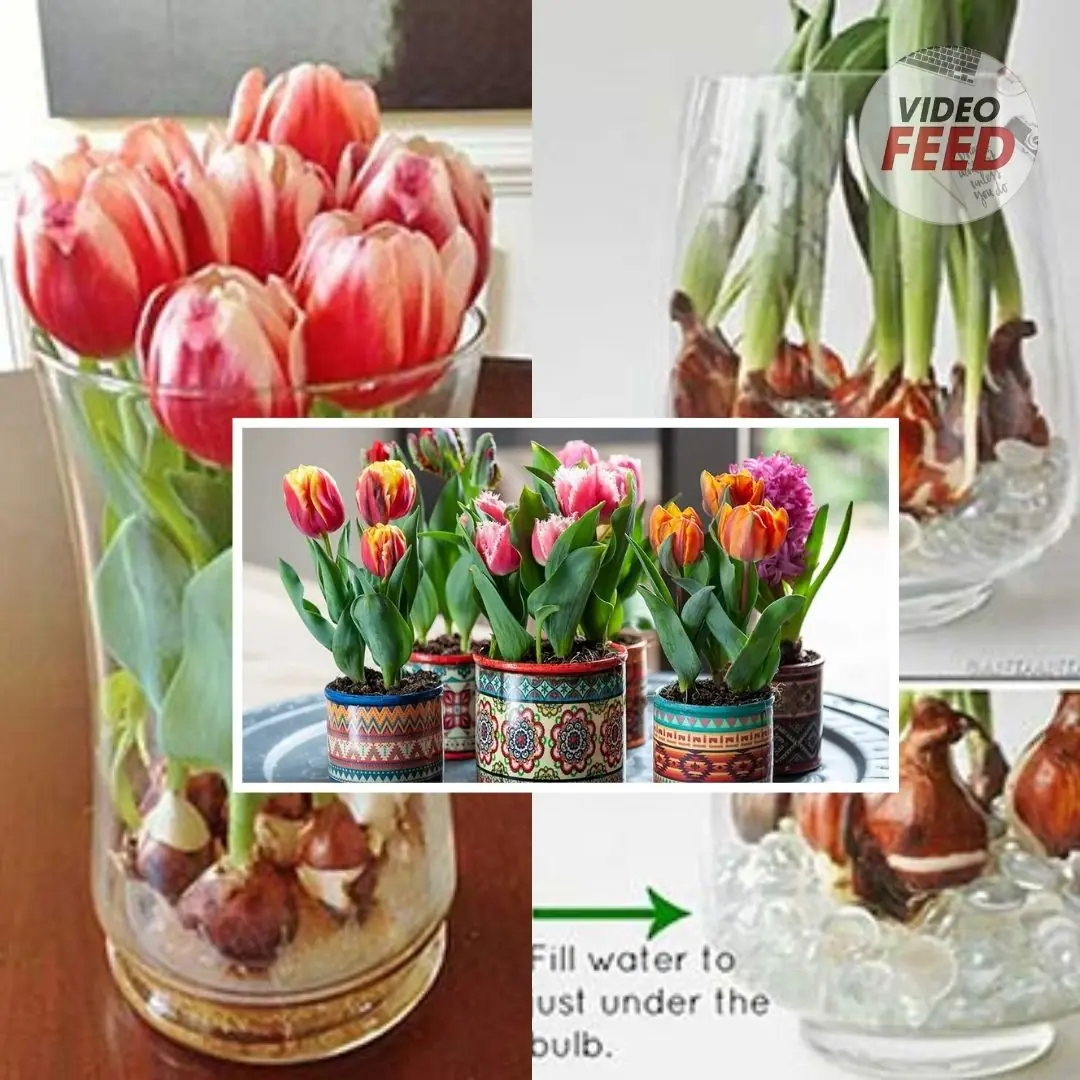
How to grow tulips indoors – a step-by-step guide to forcing these beautiful bulbs
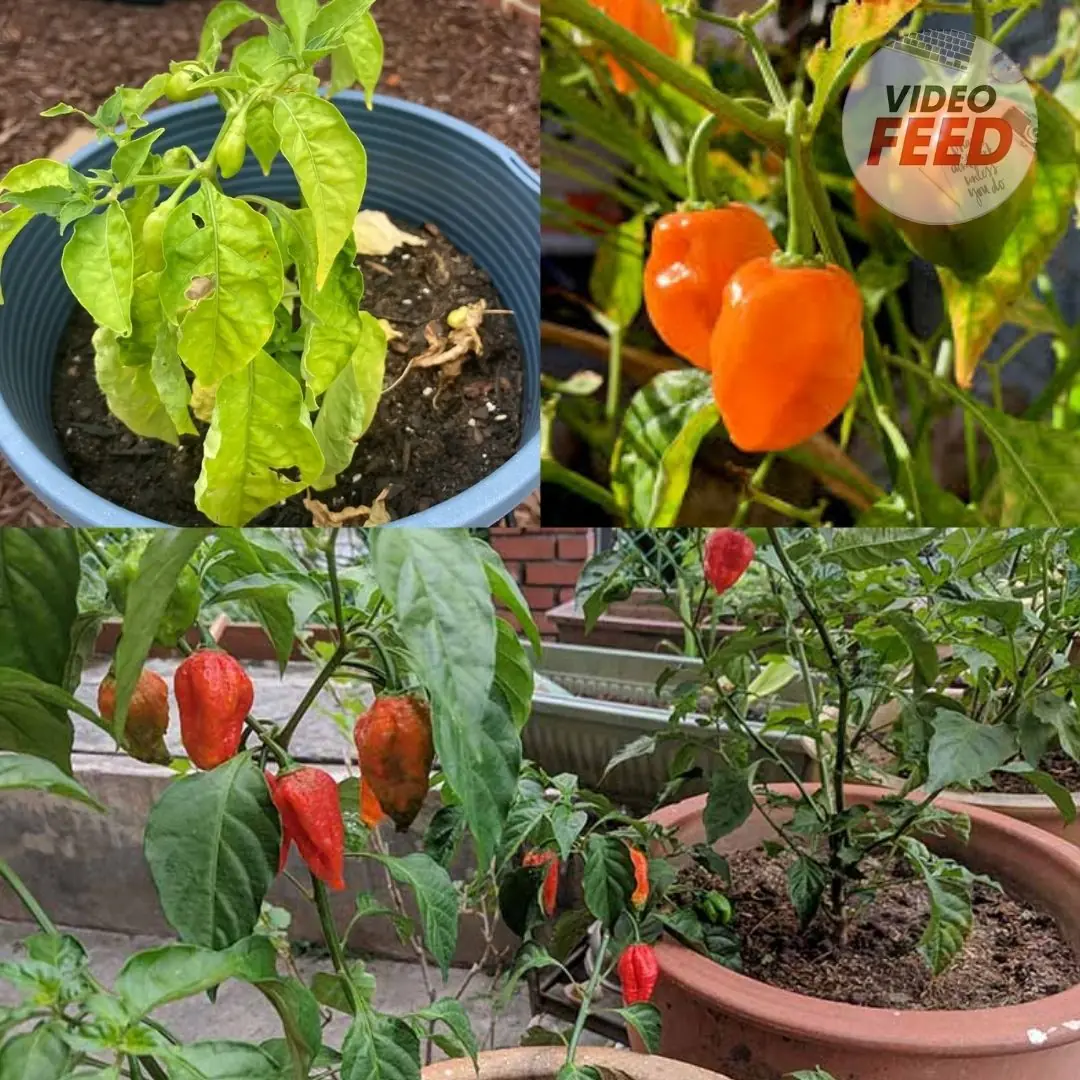
How to Grow Habanero Peppers in Pots
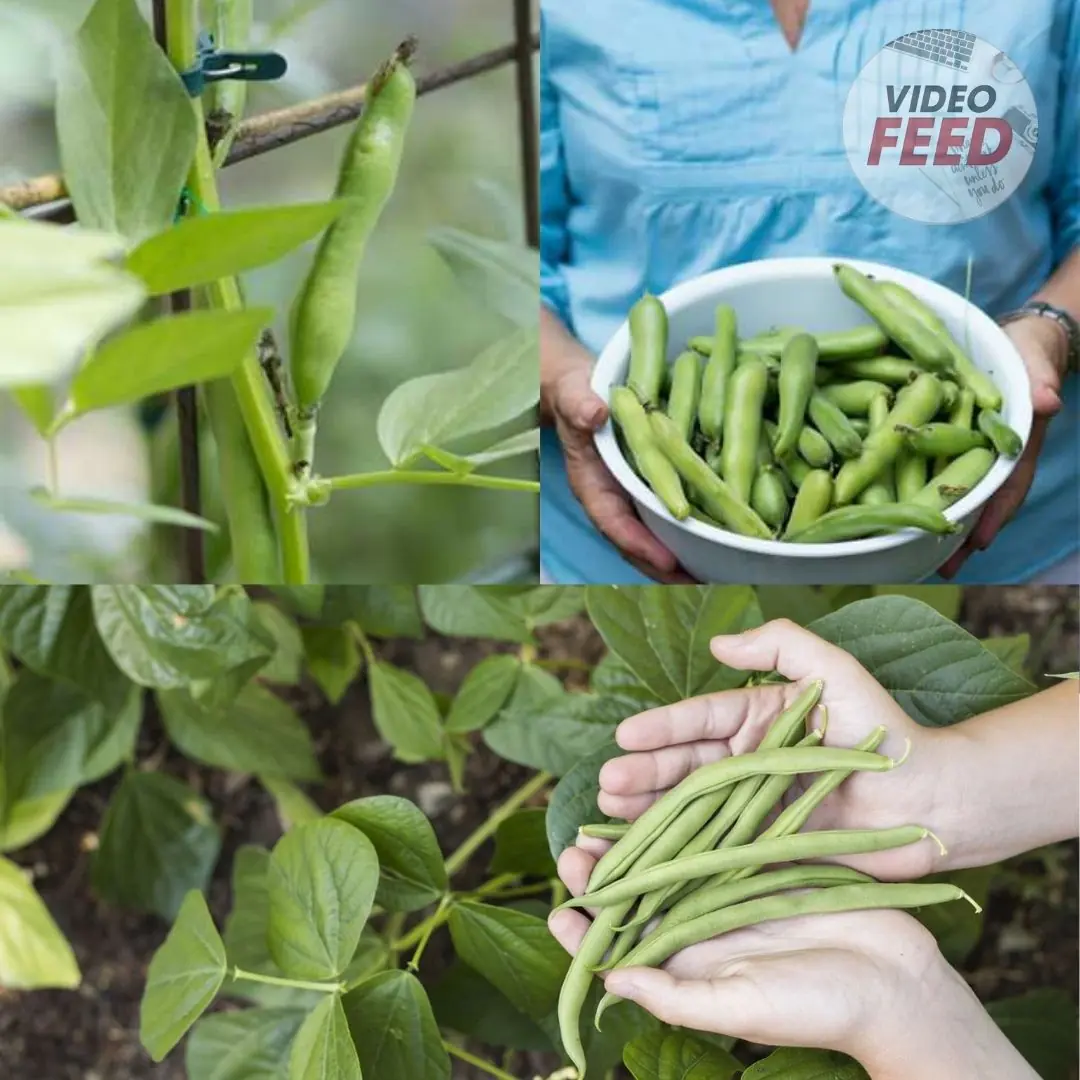
Grow These 5 Garden Beans This Summer
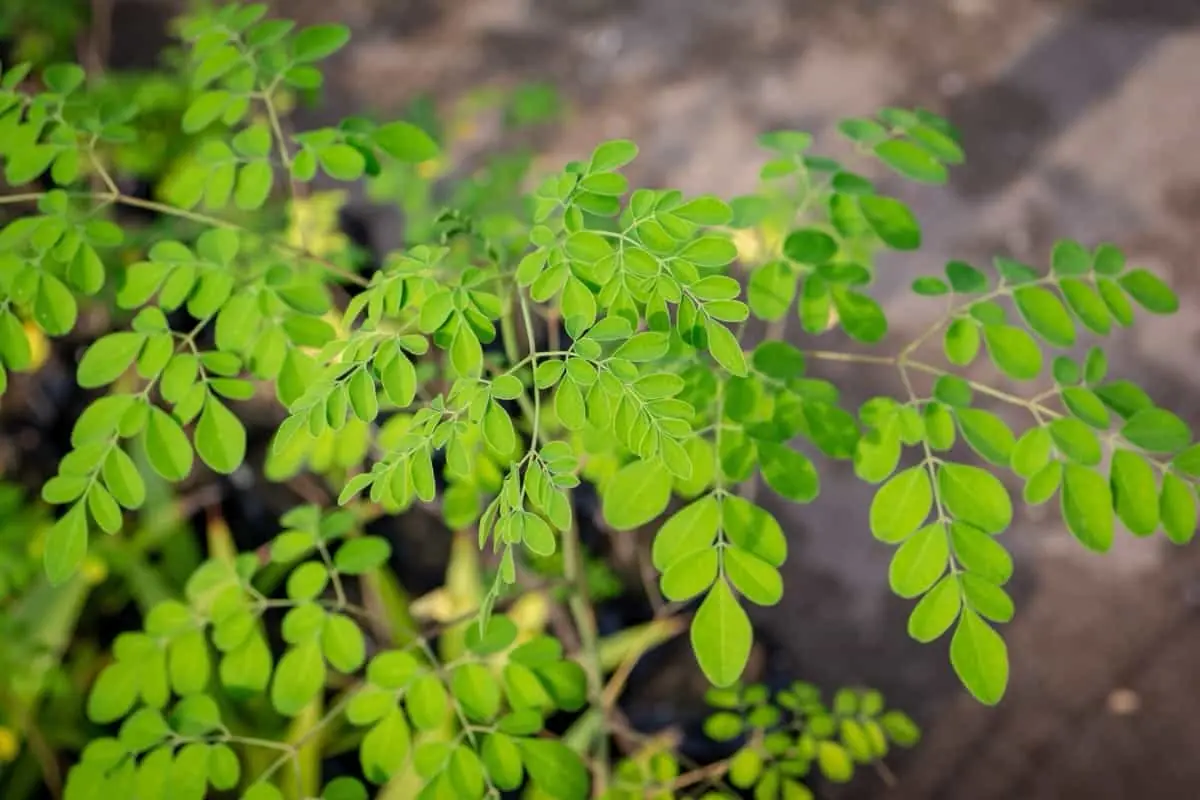
Why Asians Are Rushing to Grow This “Miracle Tree”: Heals Like Medicine, Sells Like Gold
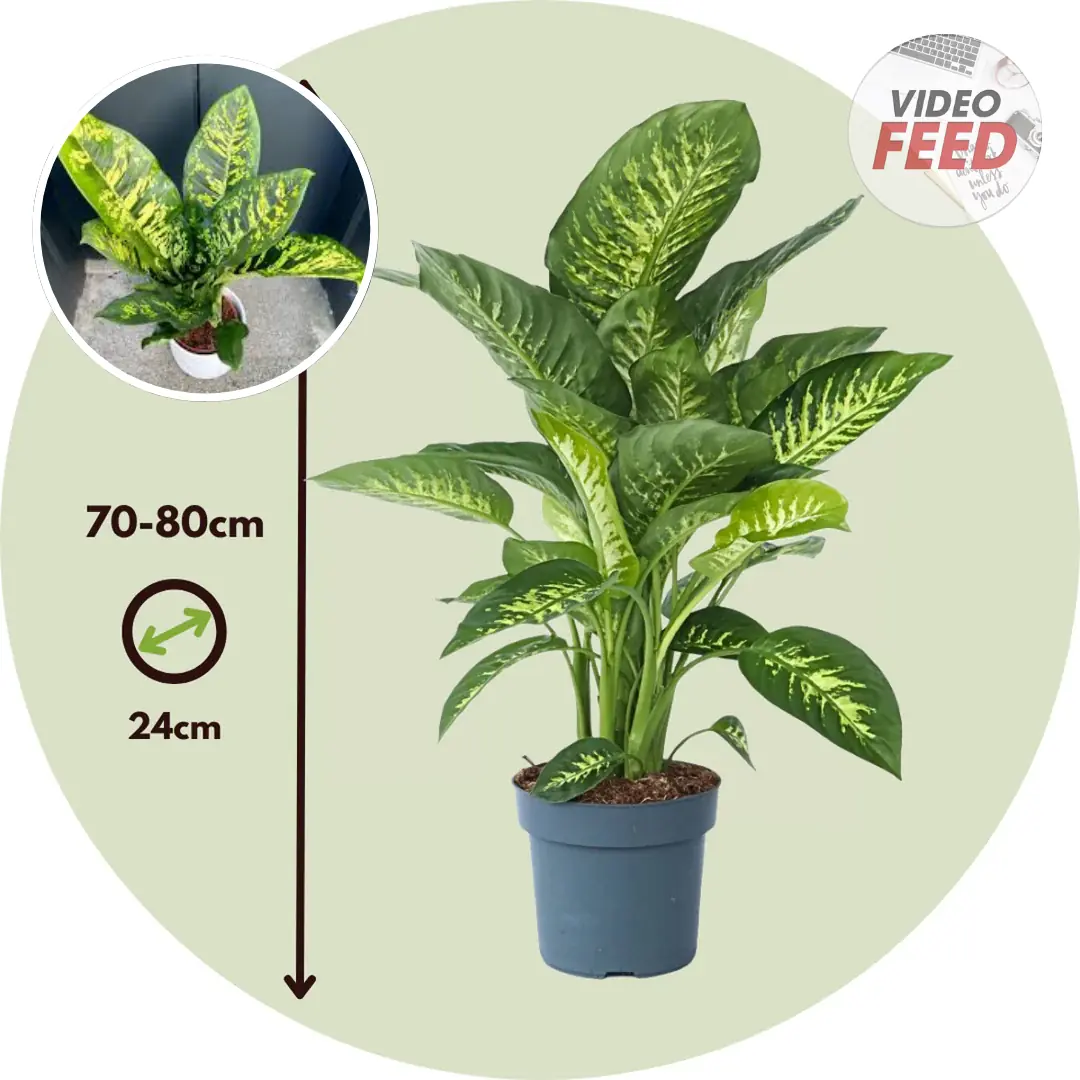
How to Grow and Care for Dieffenbachia
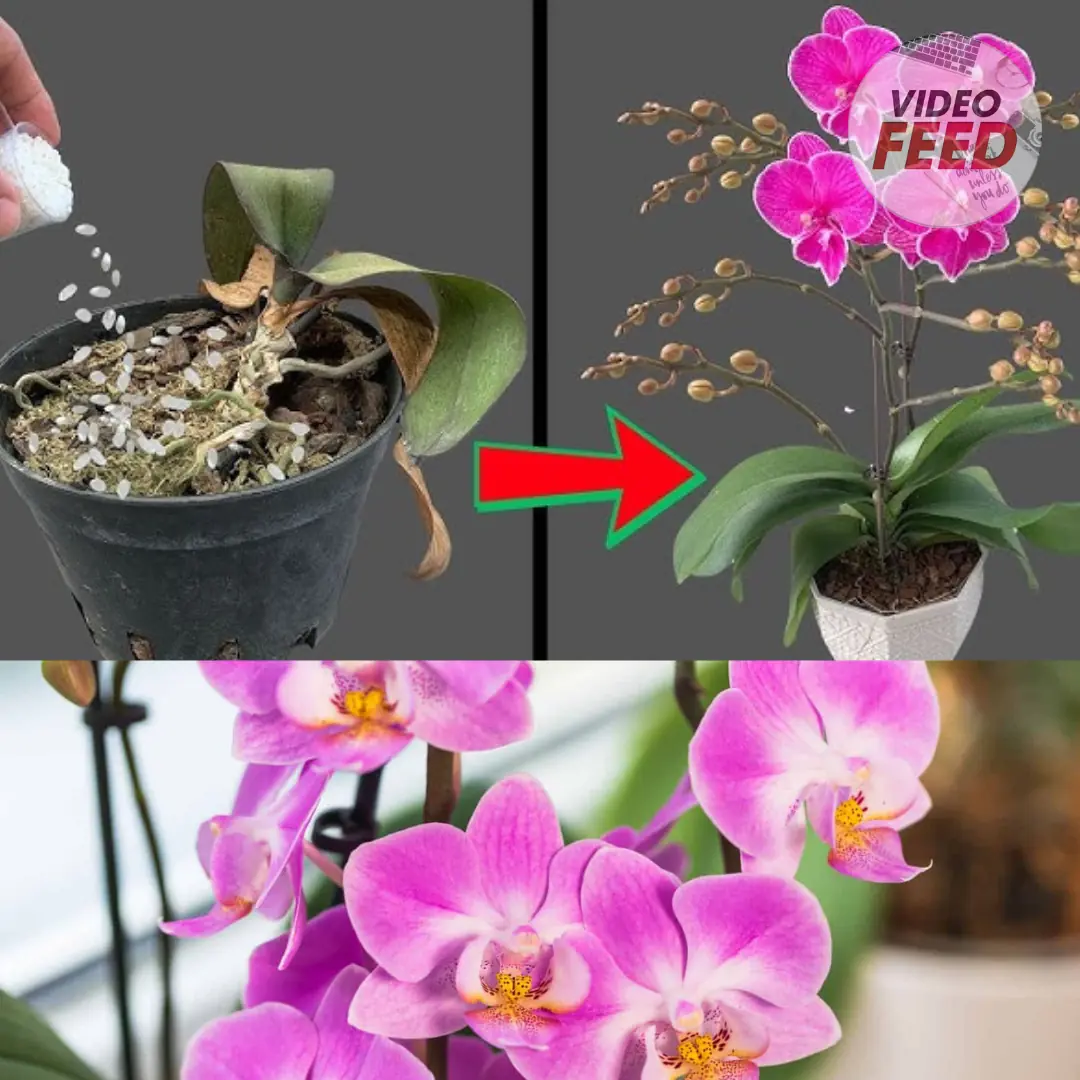
How to Grow and Care for Phalaenopsis Orchids Indoors
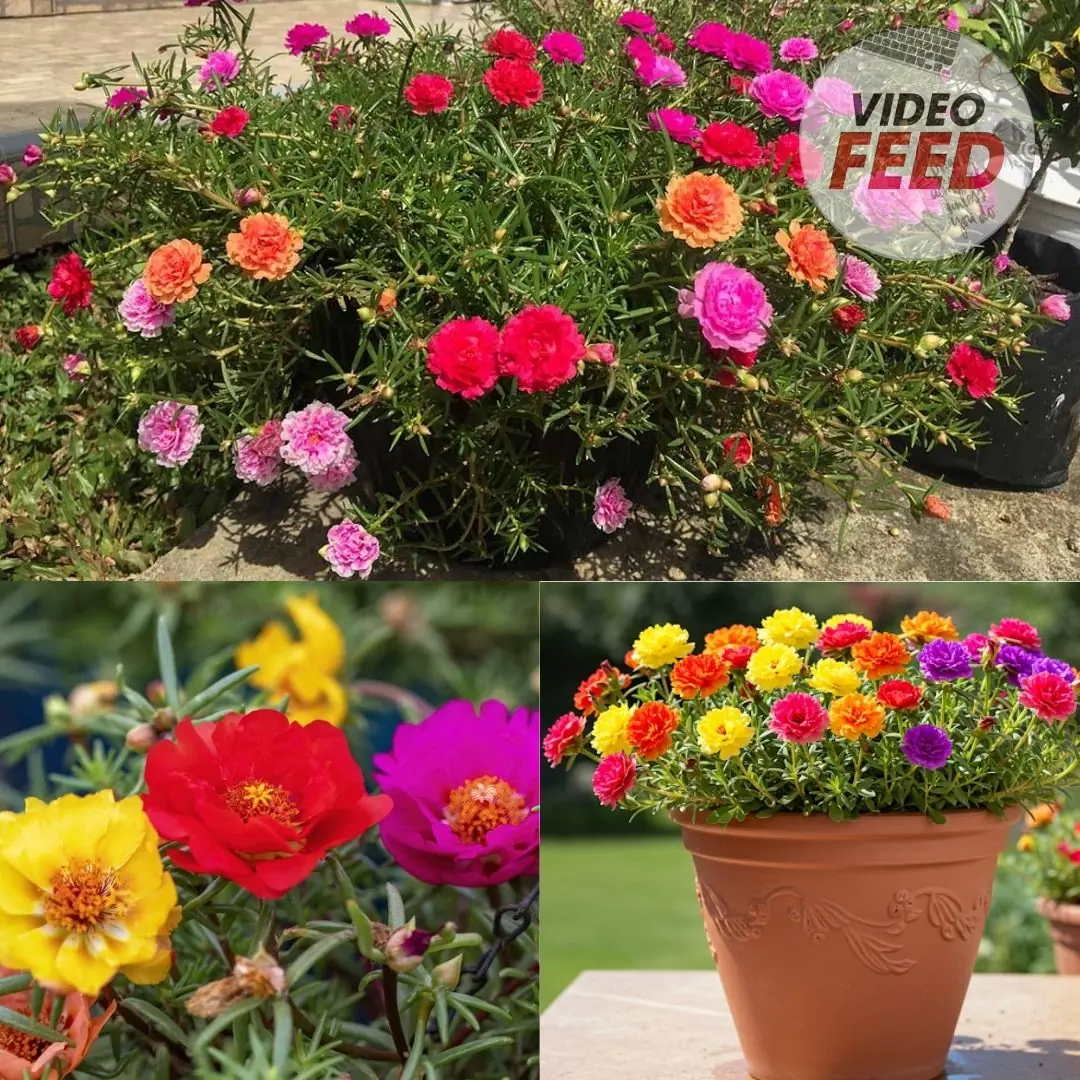
Portulaca in Pots: The Complete Guide to Growing Colorful & Drought-Tolerant Flowers Outdoors
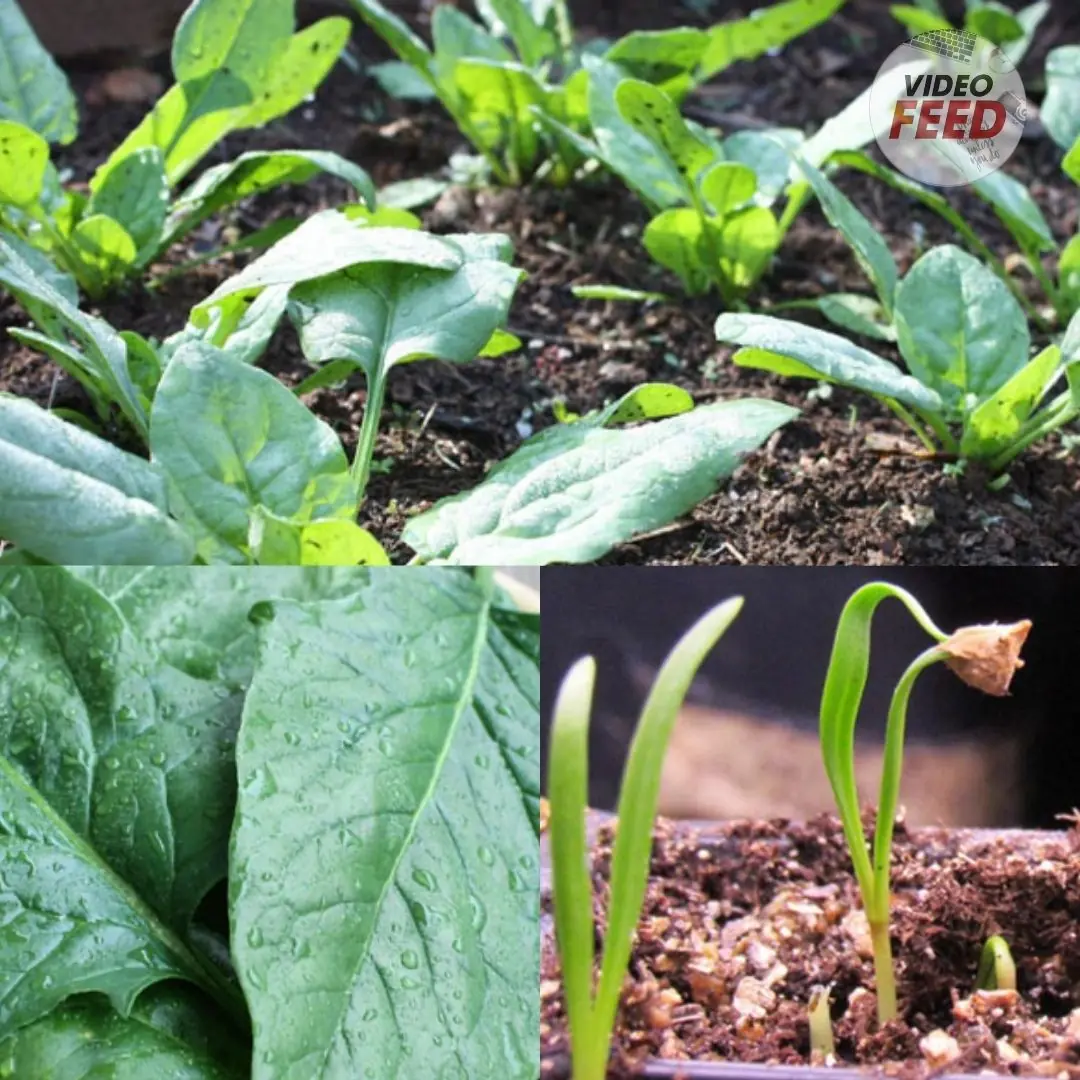
10 Tips for Growing Superb Spring Spinach
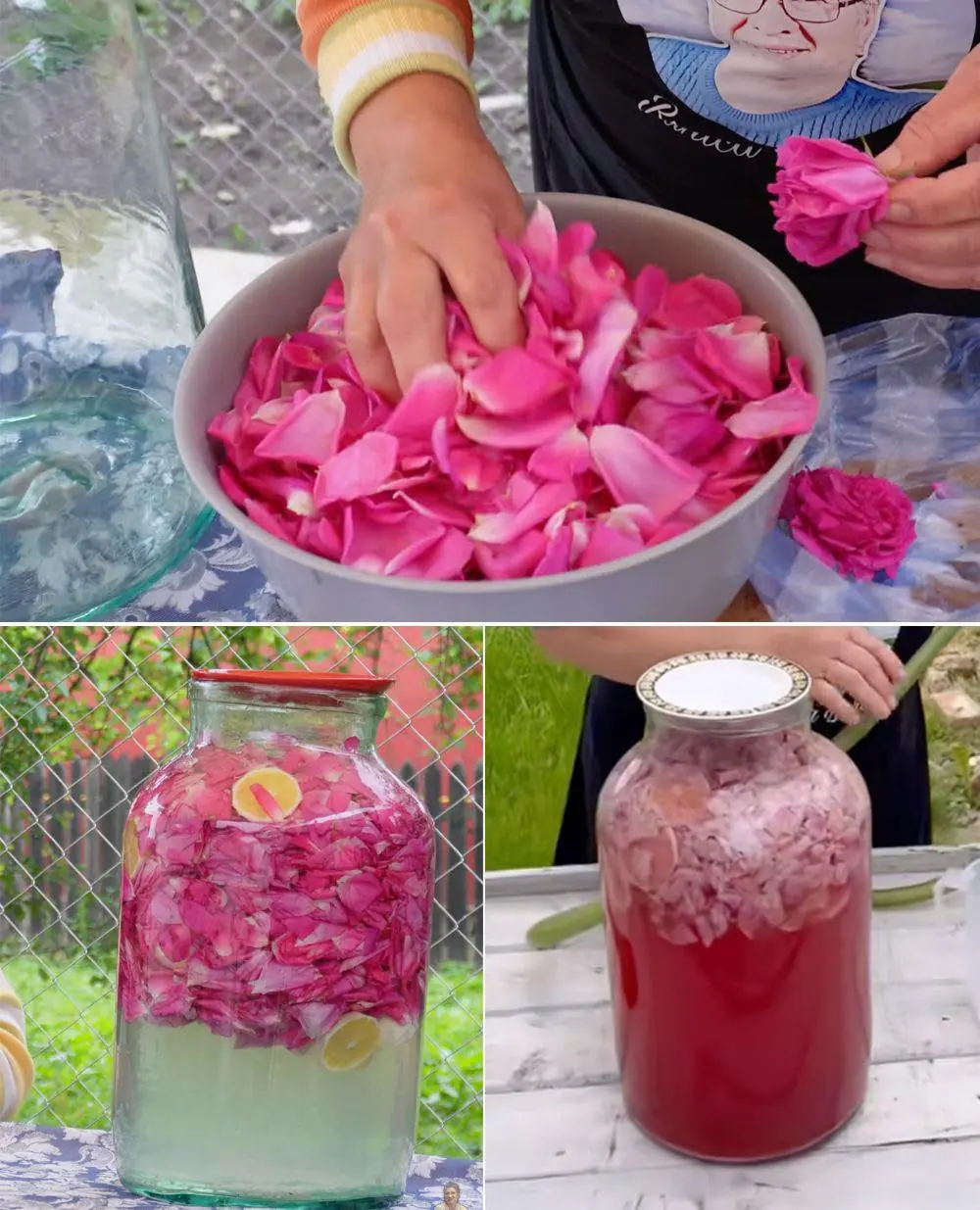
How to Make Rose Petal Lemonade – A Refreshing Homemade Drink
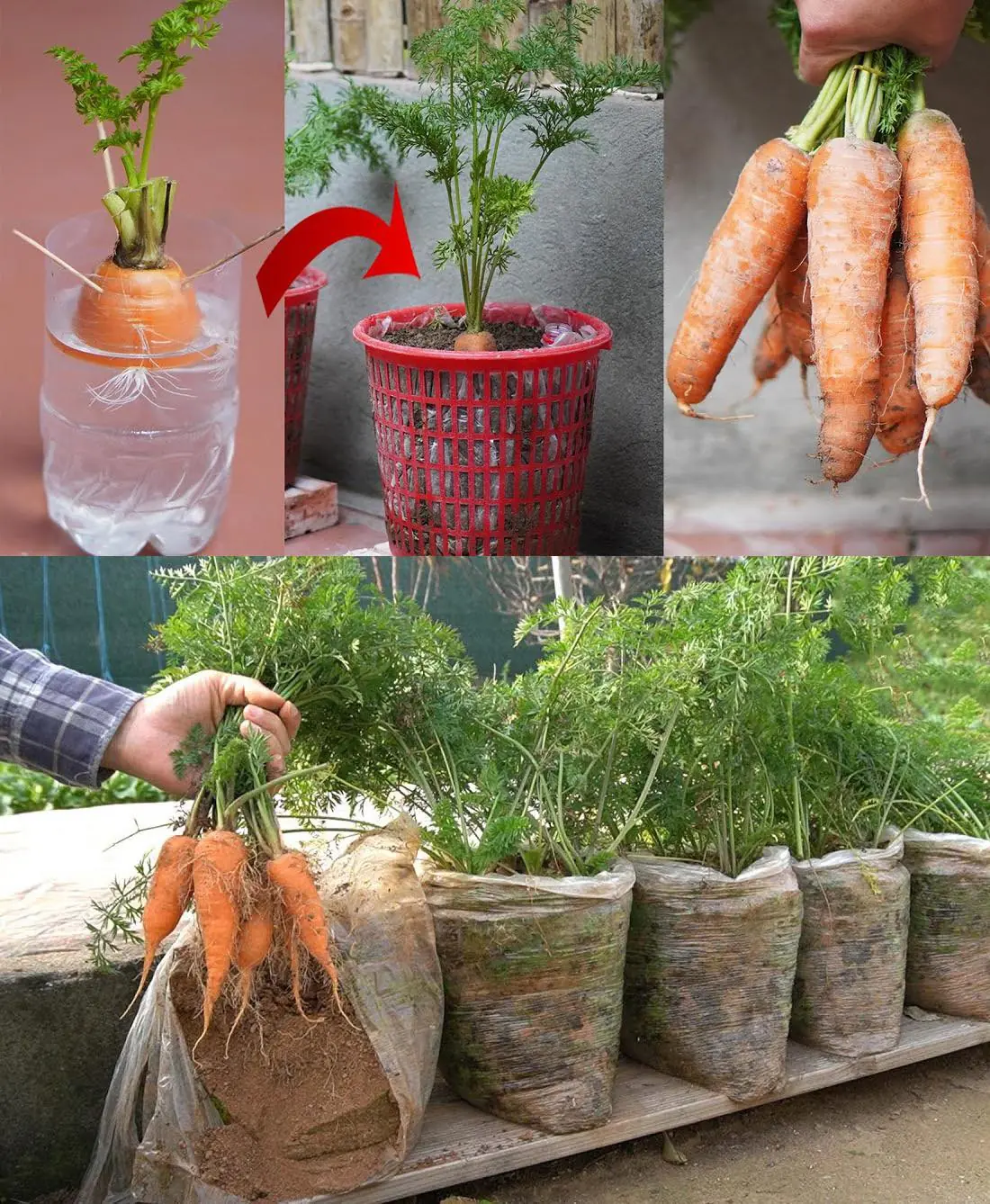
How to Grow Carrots at Home in Containers Starting with a Single Carrot
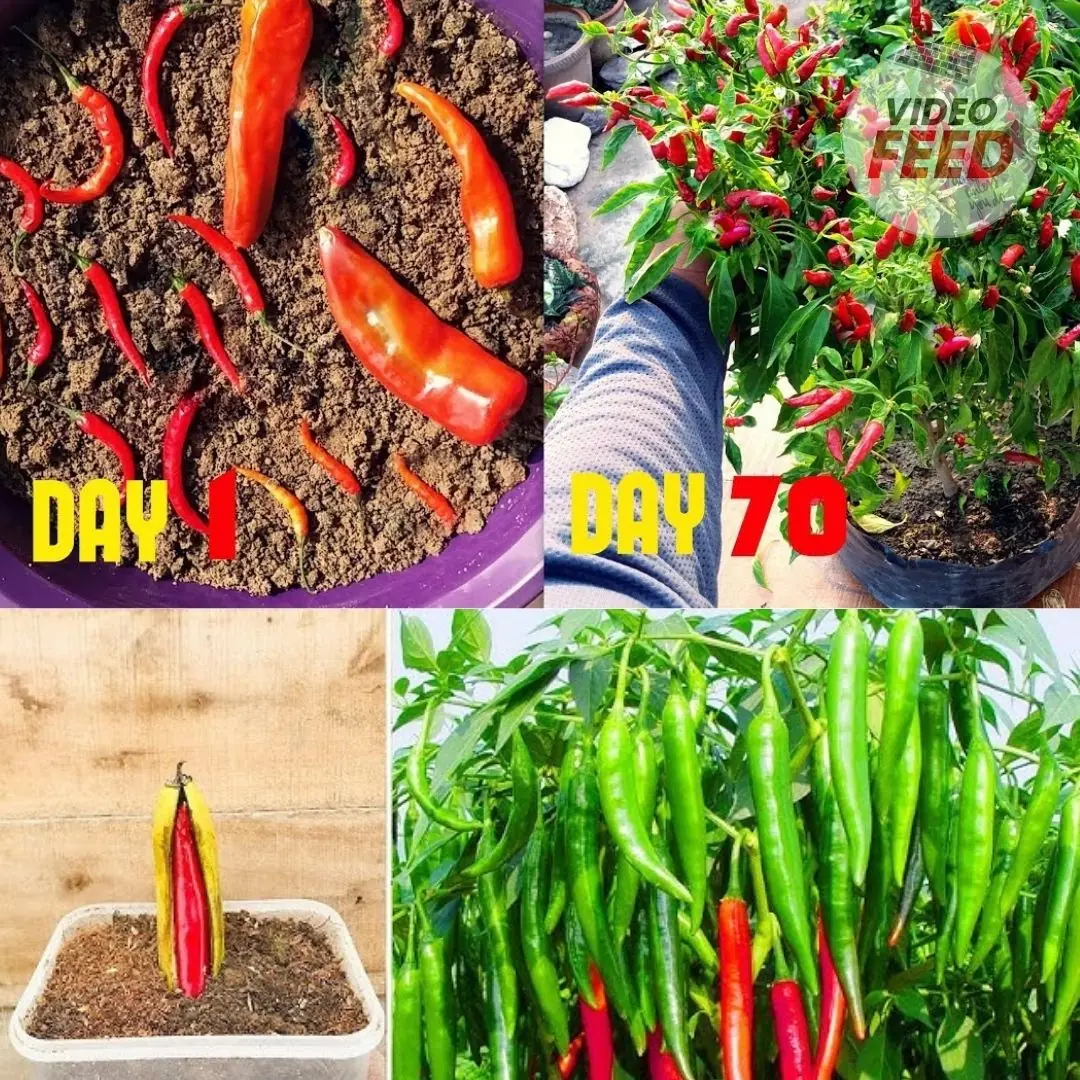
Turn a small corner of your house into a mini chili garden – both beautiful and useful!
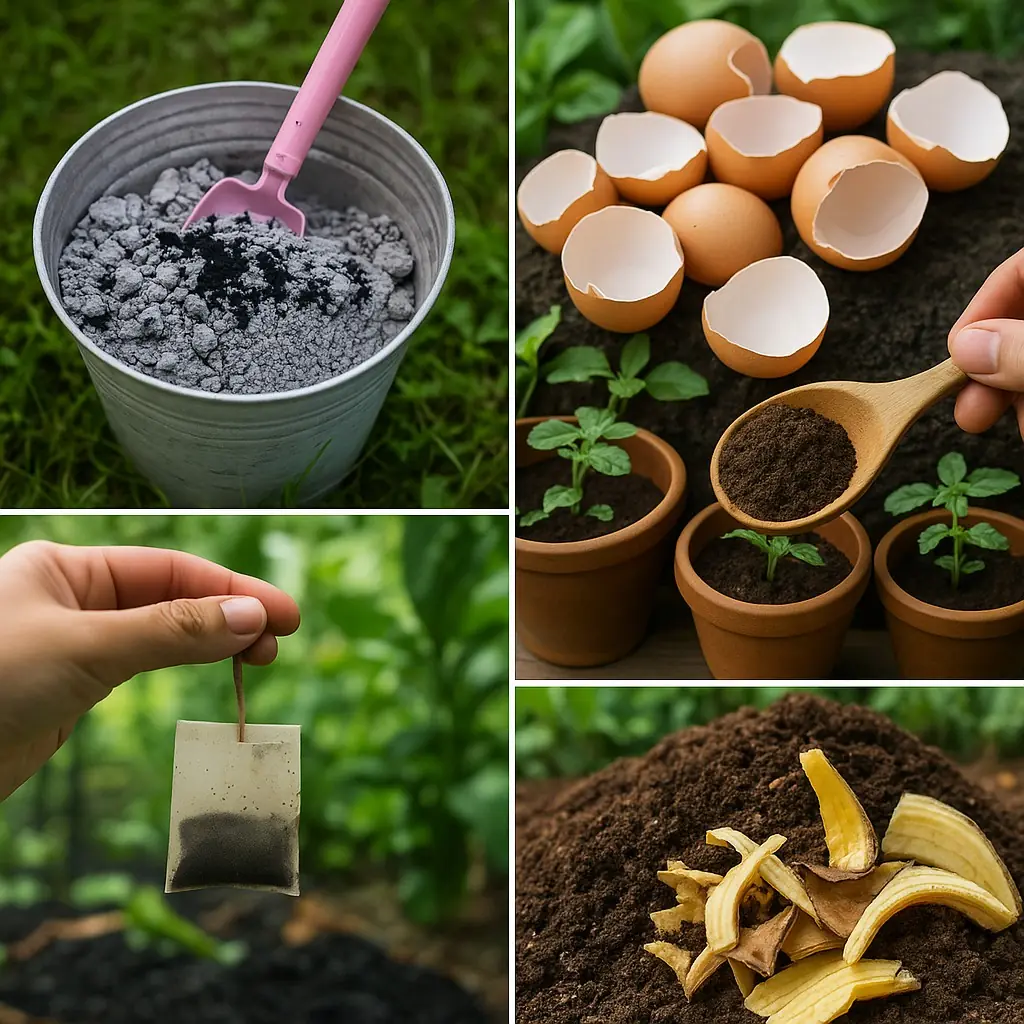
12 Homemade fertilizers for plants easy to find at home
News Post

Tsunami and its warning signs, essential for those who often go to sea

Ever seen red-tipped bananas in Europe? Here’s why they look that way

Spleen Cancer: A Rare But Dangerous Disease – You Need To Know!

When You Propose, Why Do You Get Down On One Knee? Exploring The Tradition Behind The Romantic Gesture

Drinking cold water at these 5 times can easily cause illness, no matter how much you like it, you should stay away from it

Achy Mornings? Here’s What Your Body’s Trying to Tell You — And How to Fix It

8 Early Signs of Mild Kid.ney Failure That Many People Ignore

Drinking Fresh Ginger Juice in the Morning Offers 5 Special Benefits
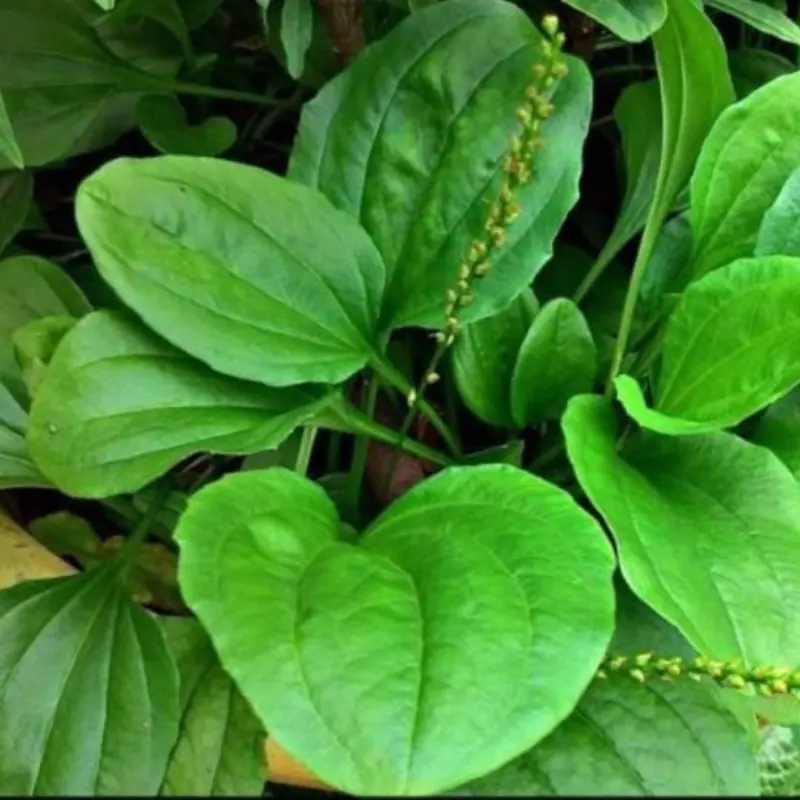
4 familiar traditional leaves that help de.t.o.x and cleanse the lu.ngs

Top 5 Everyday Foods That Help Women Reduce Excess Fat After 40

5 Pancreatic Can.cer Symptoms Often Mistaken for Sto.mach Issues

5 Types of Drinks That Can Harm Your Liv.er and Kid.neys at Night

Squint your eyes and guess what animals are hiding behind these illusions

Avoid These 3 Mistakes That Waste Electricity and Harm Your Health
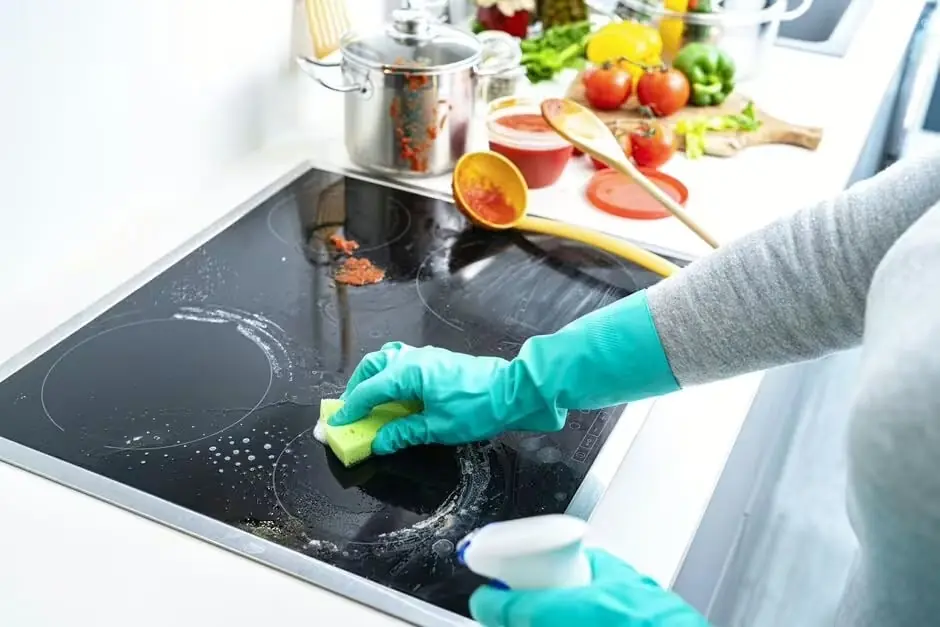
The secret to removing stubborn stains on glass stovetops without scratching the surface
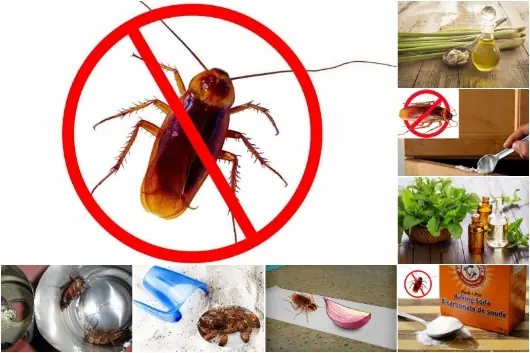
A Dirt-Cheap Kitchen Item Is the Ultimate Cockroach Kil.ler
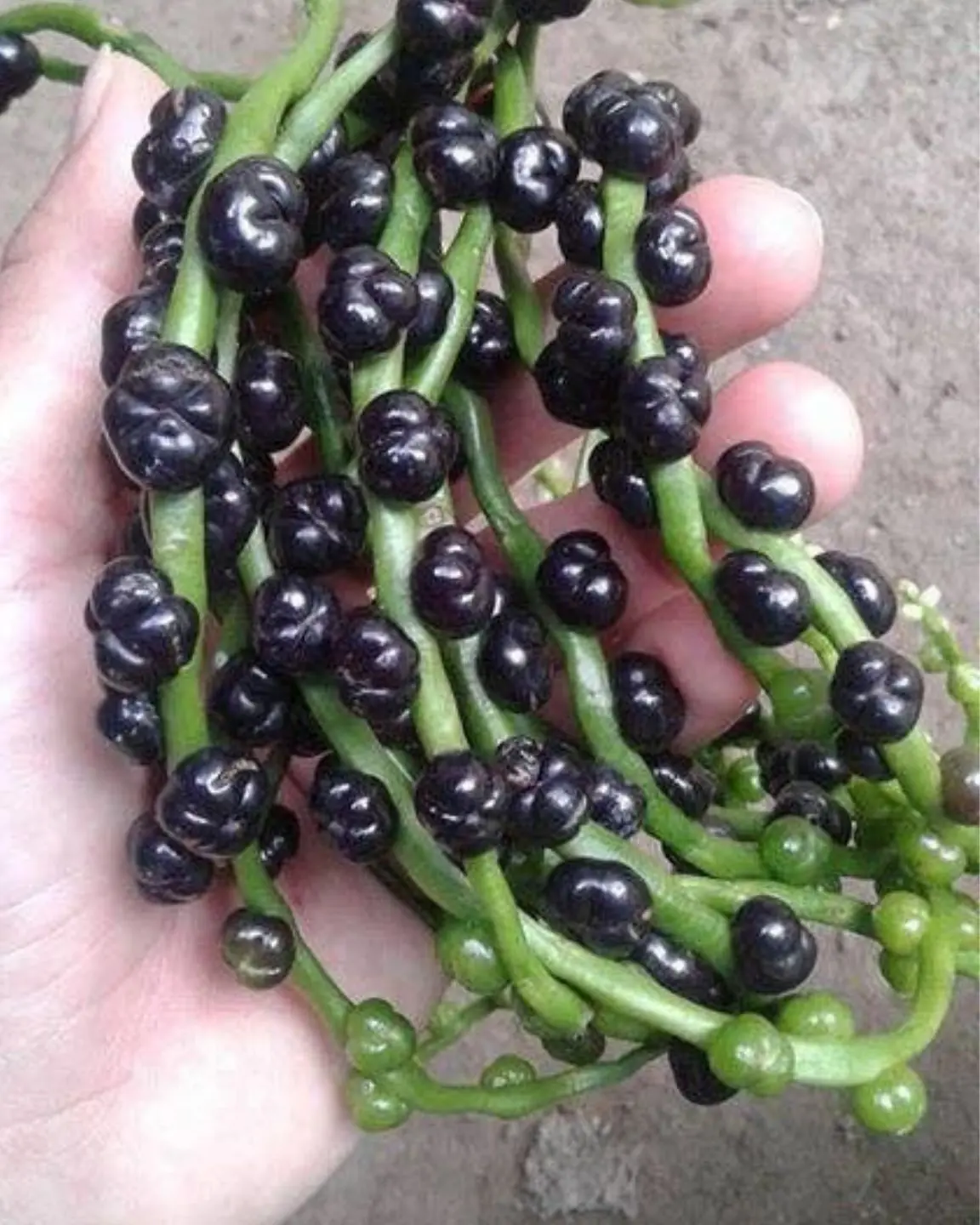
Only 1% of people guess correctly this fruit associated with childhood – are you one of them?
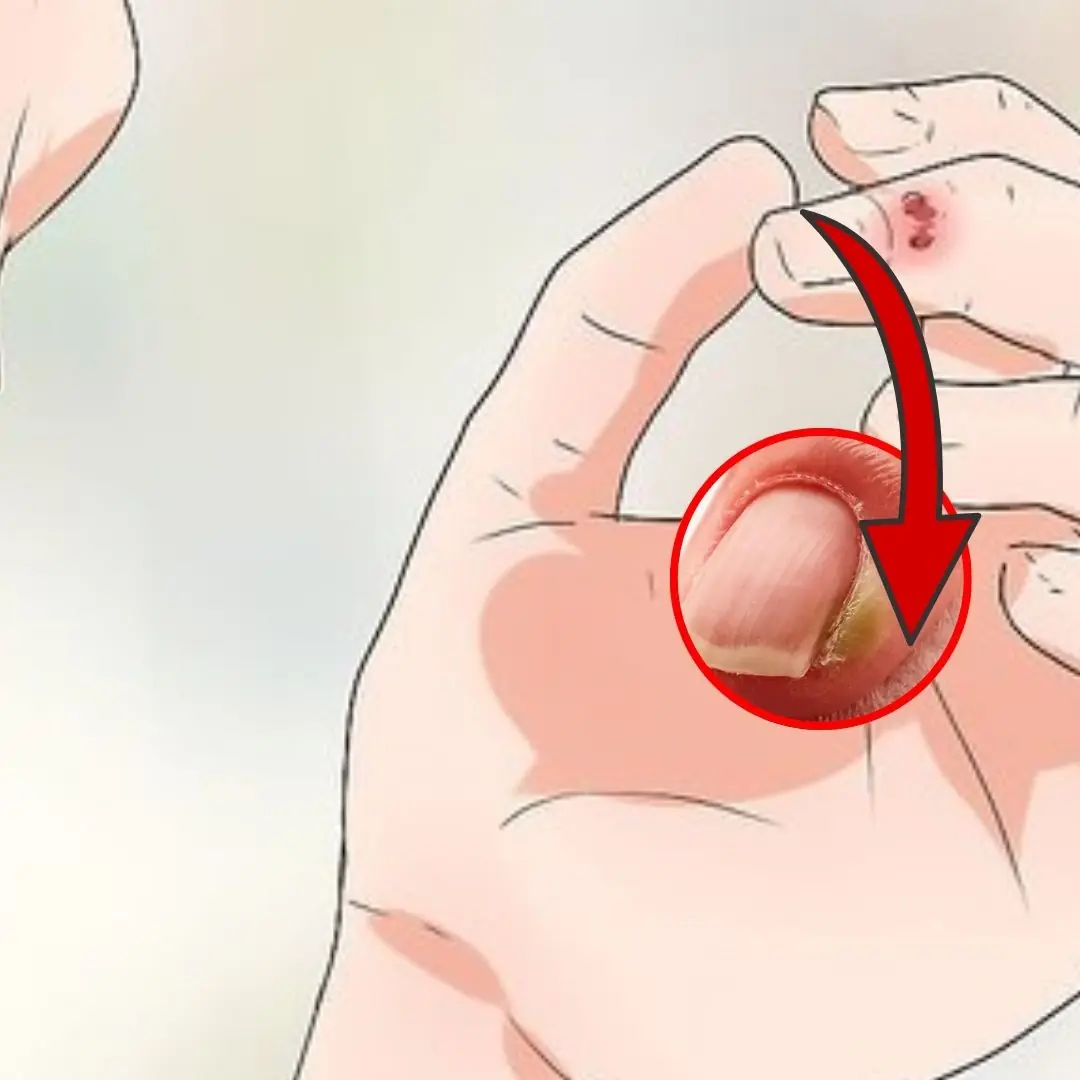
Suffering from Canker Sores? Here Are 3 Powerful Home Treatments You Should Try
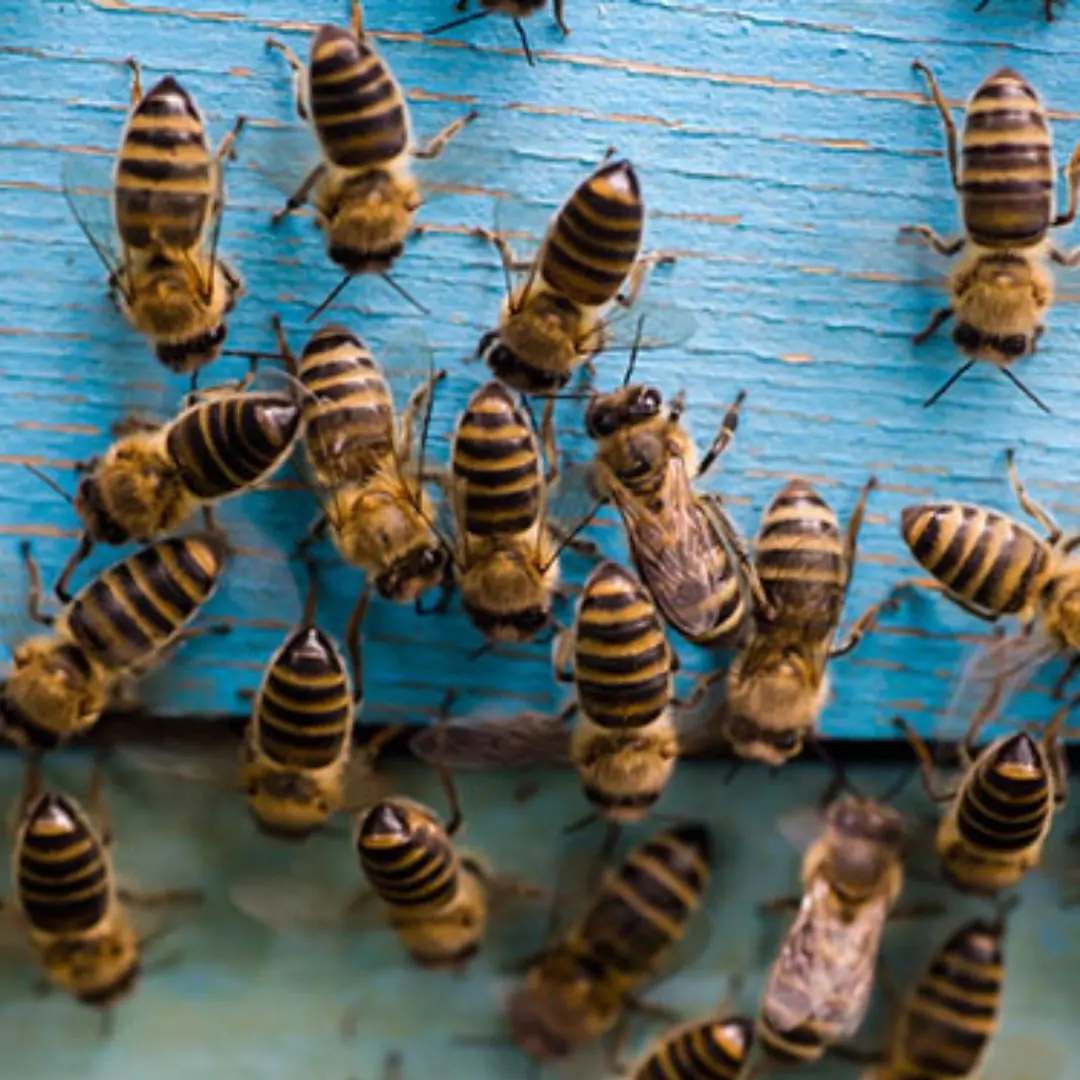
Is Your Home a Hidden Hive? 5 Signs of a Bee Infestation
